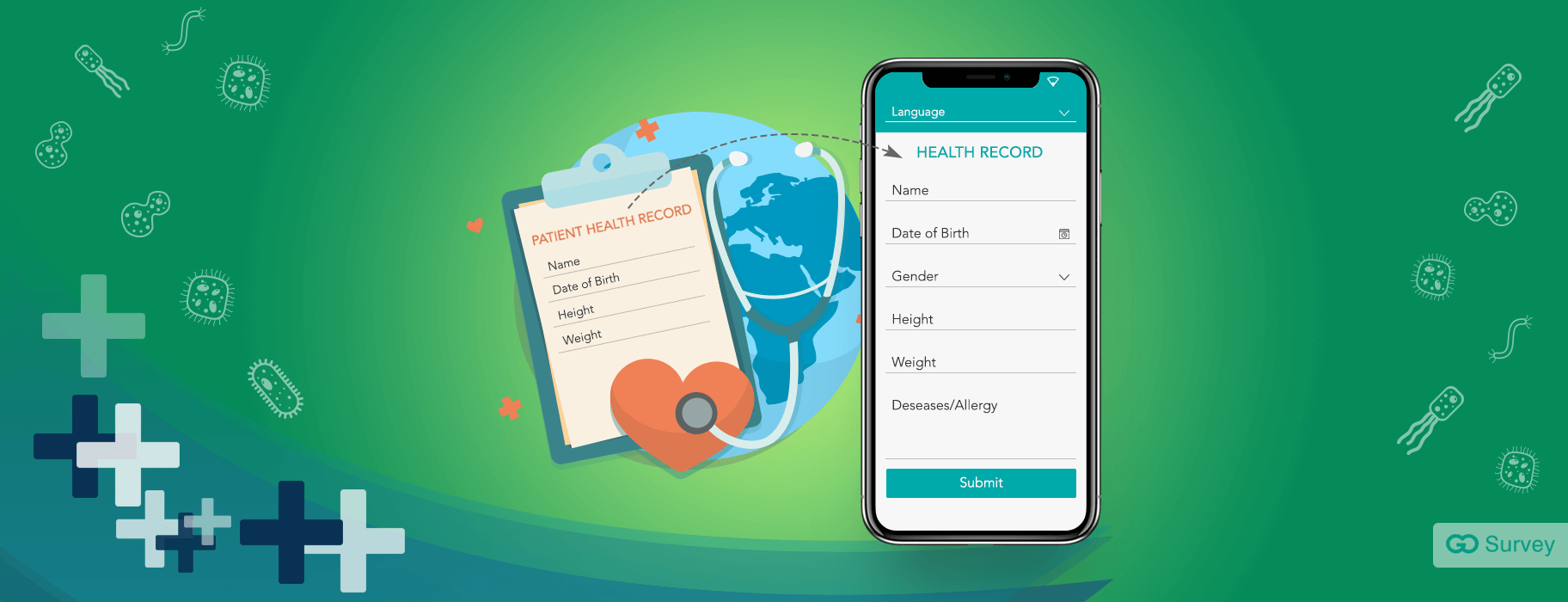Yes, you read it correctly. Despite the enormous amount of knowledge that was given to you during your education, probably one of the most important elements to maintain successful practice was, most probably, barely touched. The concept of quality of healthcare is not complete without a rigorous discussion about patient satisfaction.
A good relationship between the doctor and the patient is a key element of successful practice. The fact that patients do not complain does not necessarily mean that they are satisfied with the care they receive.
Study of the need to test patient satisfaction
Let's face it - on a general picture, no matter which profession, most complaints about license groups are not focused on specific practice-based problems. Instead, these complaints are usually based on customer expectations. On this basis, we can say that satisfied customers do not tend to complain. If your practice can meet the expectations of your patients, then your patients will most likely respond positively, continuing their relationship with your practice, and maybe even recommend your practice to a friend. The best method to assess patients' opinions about their experience is to ask them, and by far the most cost-effective method to achieve this is a properly constructed and thoroughly analyzed patient satisfaction survey.
Opposition to the patient satisfaction survey
Of course, there are some opinions that some consider as valid objections to the patient satisfaction survey. The issue of costs would certainly be high on this list. Such surveys can be offered through companies responsible for medical care. If not, there are independent consulting companies that can work with their practice to design and analyze the survey. Additional costs will be incurred, including staff time necessary to distribute and download the survey.
The reality is that the cost of independently produced and analyzed research is very small compared to potential profits. Another problem may be data reliability. We assure you, however, that a correctly written questionnaire can be a very powerful and reliable tool. Regardless of whether you decide to propose a general approach or the goal of specific groups of patients in your practice, the results will not lie. They will provide a real insight into the level of satisfaction experienced by patients
Purpose of the patient satisfaction test
The aim of the patient satisfaction survey must be to assess the patient's perception of the practice. It sounds simple, and in fact, Dr. Leonard M. Fromer, medical director, Group Practice Forum and Assistant Clinical Professor, Department of Family Medicine, the University of California in Los Angeles, agrees. The former was quoted in the issue of "Family Practice Management" in January 1999. As "Keep It Simple."
He continues: "Ask for the three most important issues: Practices have three general goals when interacting with patients: providing high-quality health care, making this care available, and treating patients with courtesy and respect. Your survey questions should, therefore, cover each of the three areas: quality problems, access, and interpersonal problems. "
Remember that the goal of the patient satisfaction survey is not to assess whether the patient has received a healthy treatment. On the contrary, it should be assessed how the practice, not the doctor, treated the patient. Did the doctor listen? Was it easy to make an appointment? Would the patient recommend the doctor to his friend or family member? None of these questions concern the medical aspect of the visit. They are aimed at assessing the patient's perception of interpersonal contacts during the establishment and execution of his appointment.
Benefits of patient satisfaction testing
Knowledge about whether the overall level of patient satisfaction is positive or negative can have a serious impact on the practice of the healthcare, and the only way to use this knowledge is to solve problems resulting from the results of the survey.
If the patient satisfaction survey indicates that it is usually easy to make an appointment, but also indicates the level of dissatisfaction with the time actually spent with the doctor, adjustments should be made. If the test shows that patients have generally achieved their goals during the visit, but there is probably no referral to a friend or family member, adjustments should be made. The wide range of benefits of a successful patient satisfaction survey will only be realized if all staff is informed about the results, and both strengths and weaknesses of the practice will be recognized and applied. Napoleon Bonaparte is credited with recognizing that "... even the lowest-built soldier carries the general's baton in a slumber ..." This may not be a doctor who potentially creates a problem with the practice. Generally, it is a team effort, which is why it is necessary to know the results of the survey among employees.
Knowing the patient's opinion about his / her experience in the office is invaluable. This is in many ways equally important for the success of the practice because the correct diagnosis is for the patient's health. In fact, if properly applied, the patient satisfaction test can really serve as a diagnostic tool for practice. It will help you increase patient safety, reduce responsibility, and may even serve as a marketing tool.









